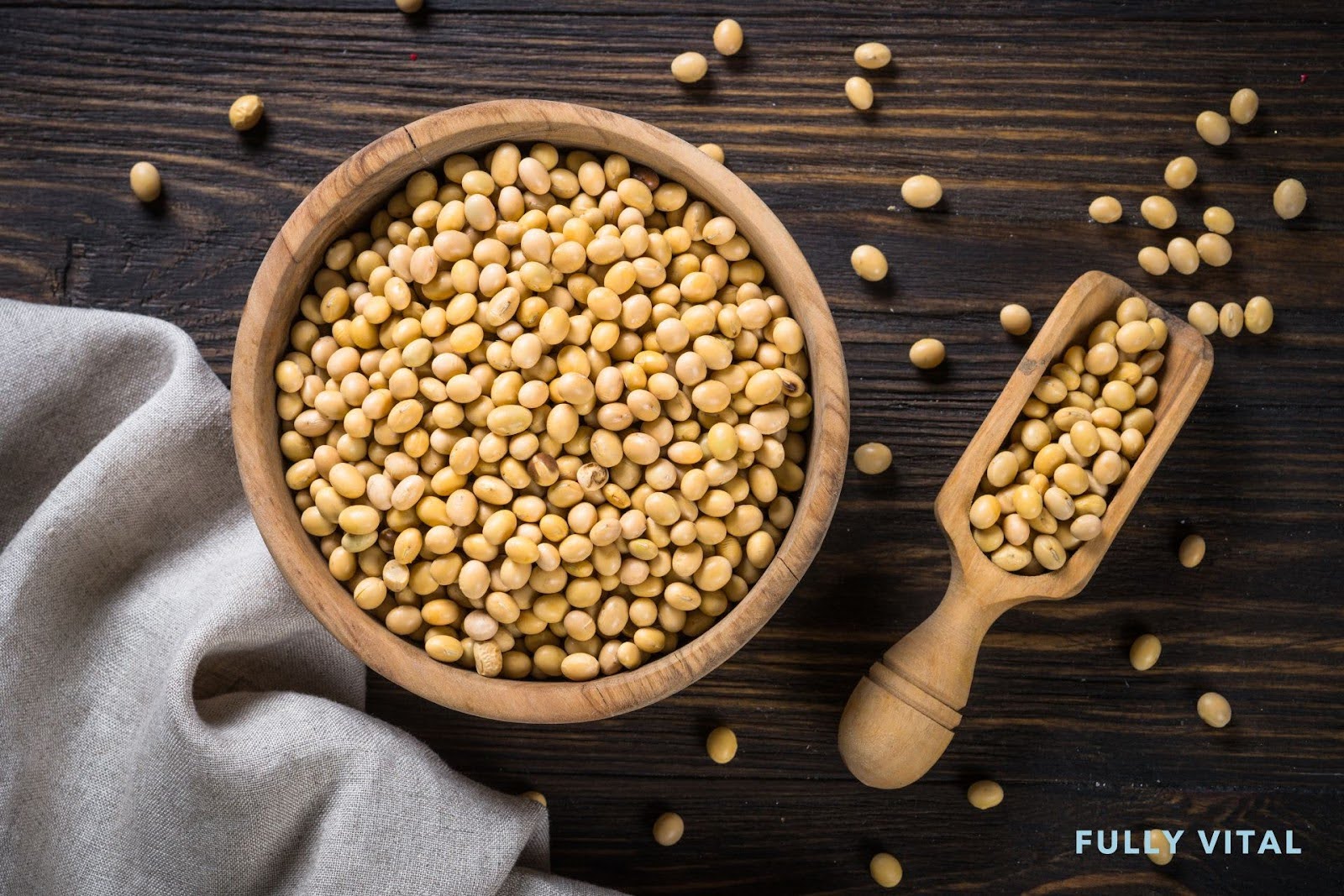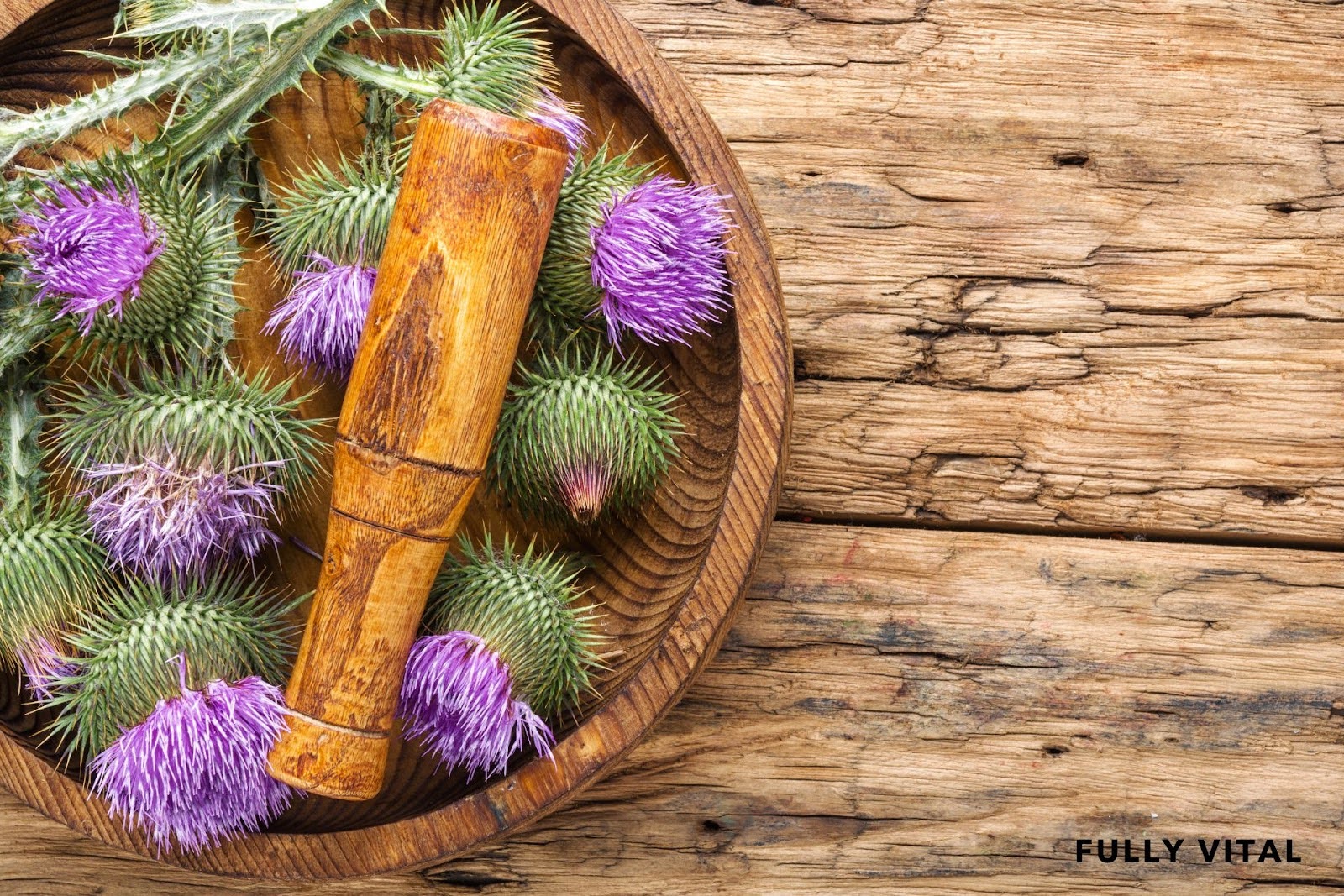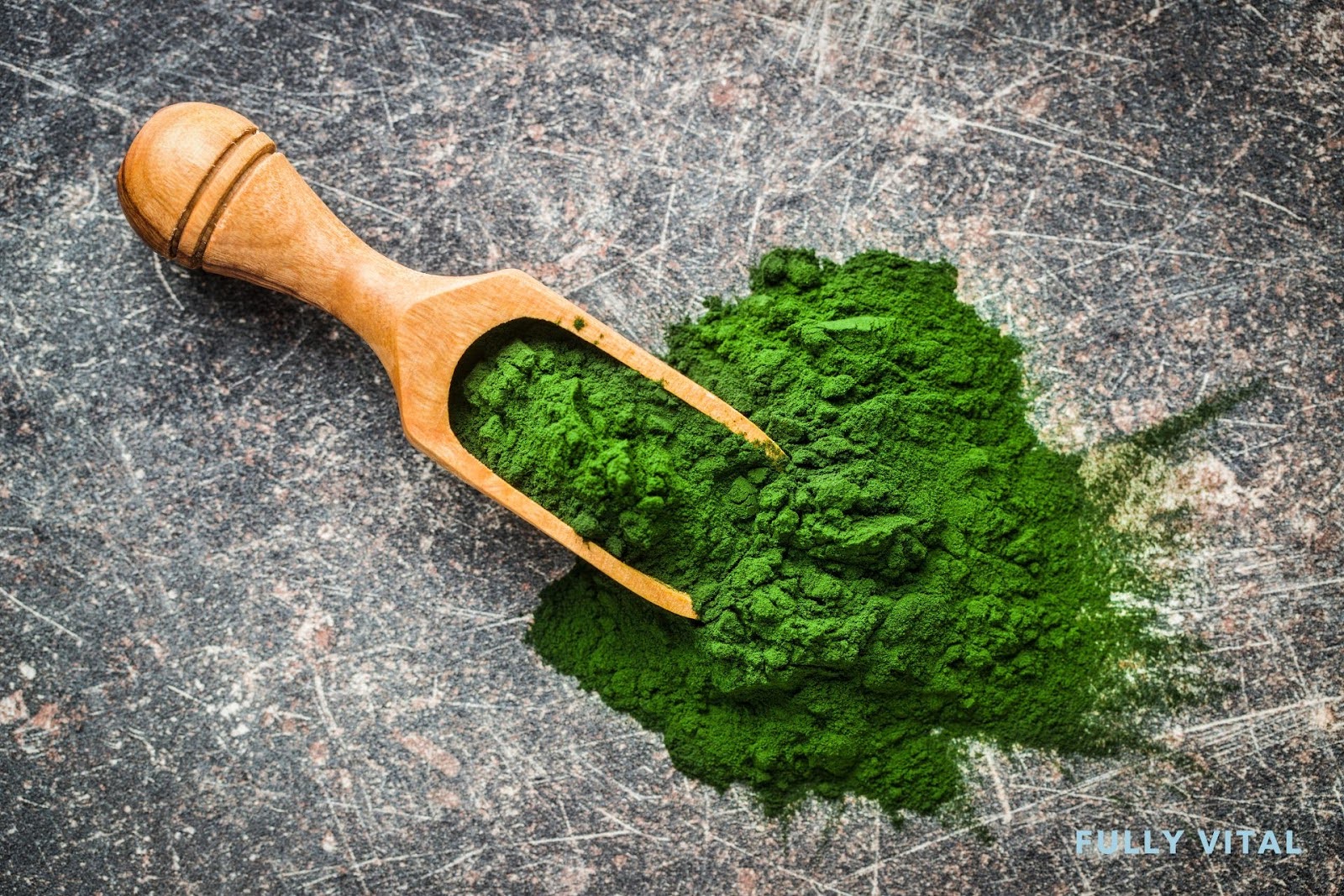
Soy Protein: Plant-Based Power For Hair
In recent years, the shift towards natural and plant-based solutions for maintaining and enhancing hair health has gained significant momentum.
As individuals become more conscious of the ingredients in their beauty and wellness products, the demand for safe, effective, and sustainable options has risen.
Among the myriad of plant-derived ingredients making waves in the hair care industry, soy protein stands out for its remarkable benefits.
This powerhouse ingredient is not only revered for its nutritional value in diets but also for its transformative effects on hair.
From strengthening strands to promoting growth and enhancing moisture, soy protein offers a holistic approach to hair vitality.
In this article, we'll explore the science behind soy protein, its benefits for various hair types, and how to incorporate it into your hair care routine, providing a comprehensive guide to harnessing this plant-based power for your hair.

I LOVE MY HAIR NOW
FullyVital hair serum and hair vitamins made tremendous improvements in my hair. I truly love my hair now.
Shop Hair ProductsWhat Is Soy Protein?
The Basics Of Soy Protein
Soy protein is derived from soybeans, a legume that is a rich source of essential amino acids necessary for human health.
In the context of hair care, soy protein is valued for its ability to supply high-quality protein without the need for animal products, making it an ideal choice for those following a plant-based lifestyle.
It's extracted through various processes that remove the fats and carbohydrates, leaving a concentrated protein that can be easily incorporated into both dietary and topical hair care products.
Why It's A Superfood For Hair
Soy protein is often hailed as a superfood for hair due to its nutrient-rich profile.
It contains a blend of amino acids that are crucial for the synthesis of keratin, the protein that makes up a significant portion of hair strands.
This direct supply of the building blocks of hair can help to repair, strengthen, and rejuvenate hair from the inside out.
Additionally, soy protein is packed with vitamins, minerals, and other nutrients that support overall hair health, making it a multifaceted ingredient for enhancing hair's natural beauty and strength.
How Does Soy Protein Benefit Your Hair?
Strengthening Hair Strands
Soy protein penetrates the hair shaft to deliver essential nutrients and amino acids, reinforcing the hair's natural structure.
This process helps to minimize breakage and split ends, leading to stronger, more resilient hair strands.
By improving the hair's elasticity, soy protein can reduce the risk of damage from physical stressors such as brushing and styling, ensuring that hair remains healthy and robust.
Promoting Hair Growth
The amino acids in soy protein are vital for keratin production, the primary component of hair.
By providing the necessary nutrients for keratin synthesis, soy protein supports the hair growth cycle, encouraging the development of new hair.
This can result in not only longer but also denser hair, as it aids in maintaining a healthy scalp environment conducive to hair growth.
Enhancing Hair Moisture And Shine
Soy protein has hygroscopic properties, meaning it can attract and retain moisture.
This is particularly beneficial for hair, as it ensures that strands stay hydrated, reducing the appearance of dryness and frizz.
Moisturized hair reflects light better, leading to a natural shine that enhances the hair's overall appearance.
Additionally, the moisture-binding capability of soy protein helps to maintain the hair's natural balance, preventing the overproduction of oil while keeping the scalp and strands adequately nourished.
How To Incorporate Soy Protein Into Your Hair Care Routine
Dietary Sources Of Soy Protein
Incorporating soy protein into your diet is one of the most effective ways to harness its benefits for hair health.
Foods rich in soy protein, such as tofu, tempeh, soy milk, and edamame, can provide the essential amino acids and nutrients needed for strong, healthy hair.
A balanced diet that includes these soy-based foods can help improve hair quality from the inside out, promoting growth and reducing breakage.
Topical Soy Protein Products
For direct benefits to the hair and scalp, consider using topical hair care products formulated with soy protein.
Shampoos, conditioners, hair masks, and leave-in treatments containing soy protein can help strengthen hair strands, enhance moisture retention, and improve overall hair appearance.
When selecting soy protein products, look for those that are specifically designed for your hair type and concerns to ensure the best results.
Regular use of these products as part of your hair care routine can lead to visible improvements in hair strength, shine, and health.

What Science Says About Soy Protein And Hair Health
Research Findings
Scientific research supports the benefits of soy protein for hair health, highlighting its role in strengthening hair, promoting growth, and improving hair texture.
Studies have shown that the amino acids in soy protein can penetrate the hair shaft, providing the necessary nutrients to repair and strengthen hair fibers.
Additionally, soy protein's ability to retain moisture helps maintain hair's elasticity, reducing breakage and enhancing shine.
Expert Opinions
Experts in dermatology and trichology (the study of hair and scalp health) often recommend incorporating soy protein into hair care routines for its comprehensive benefits.
They point out that soy protein's nutrient-rich profile supports not only the physical aspects of hair health but also contributes to a healthy scalp environment.
This dual action makes soy protein a recommended ingredient for those looking to address specific hair concerns such as dryness, thinning, or damage, as well as those seeking to maintain overall hair vitality.
Potential Side Effects Of Soy Protein On Hair And Scalp
What To Watch Out For
While soy protein is beneficial for many, it's important to be aware of potential side effects, especially for individuals with soy allergies or sensitivities.
Topical application of soy protein can sometimes lead to irritation or allergic reactions on the scalp, characterized by redness, itching, or discomfort.
Additionally, overuse of protein-based products, including those with soy protein, can result in protein overload, making the hair feel stiff, dry, and brittle.
Managing Sensitivities
To minimize the risk of adverse reactions, individuals with known sensitivities or allergies to soy should proceed with caution when using soy protein-enriched hair products.
Conducting a patch test before full application can help identify any potential irritation.
For those experiencing protein overload, balancing protein treatments with moisture-rich products can help restore hair's natural texture and elasticity.
It's also advisable to consult with a healthcare professional or dermatologist if you're unsure about incorporating soy protein into your hair care routine, especially if you have a history of allergies.

Comparing Soy Protein With Other Plant-Based Hair Care Ingredients
Soy Protein Vs. Other Proteins
Soy protein stands out among plant-based hair care ingredients for its comprehensive benefits, but how does it compare to others like wheat protein or pea protein?
Wheat protein is known for its ability to add volume and thickness, making it ideal for fine or limp hair.
Pea protein, on the other hand, offers a rich blend of amino acids that can stimulate hair growth.
Soy protein, with its unique ability to strengthen, moisturize, and promote hair growth, offers a balanced approach suitable for a wide range of hair types and concerns.
Synergistic Effects With Other Ingredients
The beauty of soy protein lies in its versatility and ability to work synergistically with other plant-based ingredients.
When combined with oils like argan or coconut, soy protein can enhance moisture retention and shine.
Teamed with antioxidants from green tea or aloe vera, it can protect hair from environmental stressors while nourishing the scalp.
This compatibility allows for the formulation of hair care products that address multiple concerns, providing a holistic approach to hair health.
Unlock Your Hair's Full Potential With Fully VitalElevate your hair care routine with Fully Vital's innovative, plant-based solutions. Experience the difference with our scientifically formulated products, designed to nurture your hair from root to tip. Embrace the power of nature with our cruelty-free, sustainable options that promise to deliver:
Join the Fully Vital community today and step into a world where your hair's vitality is fully unleashed. Discover more and transform your hair care journey with us. |
Final Thoughts On Soy Protein
Soy protein emerges as a powerful, plant-based ally in the quest for healthier, stronger hair.
Its rich composition of amino acids, vitamins, and minerals addresses a wide range of hair concerns, from strengthening strands and promoting growth to enhancing moisture and shine.
Whether incorporated through diet or topical products, soy protein offers a versatile solution suitable for all hair types.
While mindful of potential sensitivities, the benefits of soy protein, supported by scientific research and personal testimonials, make it a compelling ingredient for those seeking to improve their hair health naturally.
Embracing soy protein could be the key to unlocking the full potential of your hair's natural beauty and vitality.
For an immediate boost to your hair care routine, try Fully Vital's Enhance Hair Serum (3-Pack), designed to nourish and strengthen your hair with the power of nature.
Elevate your hair to its fullest vitality with Fully Vital.
Read Also:
- Get Inspired: Korean Perm Styles For Every Hair Type
- The Power Of Serums: Boosting Hair Growth Naturally
- Insider's Guide: Trichologist's Impact On Hair And Scalp
Frequently Asked Questions About Soy Protein
Is soy protein safe for color-treated hair?
Yes, soy protein is safe for color-treated hair.
It can help strengthen and moisturize hair, which is especially beneficial for hair that has been damaged by coloring processes.
Can soy protein cause hair to become oily?
Soy protein itself does not cause hair to become oily.
It helps balance moisture levels in the hair, but if you have naturally oily hair, you may want to use it in moderation.
How often should I use soy protein treatments on my hair?
The frequency depends on your hair's condition and needs.
For most, using a soy protein treatment once every 1-2 weeks is sufficient.
Can I use soy protein on my scalp?
Yes, soy protein can be beneficial for the scalp, helping to nourish and support healthy hair growth.
However, if you have a soy allergy or sensitivity, it should be avoided.
Will soy protein help with dandruff?
While soy protein is not a direct treatment for dandruff, its moisturizing properties can help improve scalp health, which may reduce flakiness.
Can soy protein be used on all hair lengths?
Yes, soy protein is beneficial for all hair lengths, from short to long, providing strength and moisture regardless of length.
Is there a difference between soy protein and silk protein for hair?
Yes, soy protein is derived from soybeans and is rich in amino acids that strengthen hair.
Silk protein, derived from silk fibers, primarily adds softness and shine.
Both have unique benefits for hair.
Can men use soy protein for their hair?
Absolutely, soy protein is beneficial for both men and women, supporting hair strength, growth, and overall health.
Does soy protein help with split ends?
Soy protein can help prevent split ends by strengthening the hair and improving its elasticity, but it cannot repair split ends once they have occurred.
How long does it take to see results from using soy protein on hair?
Results can vary, but many people notice improvements in hair strength and texture within a few weeks of regular use.
Sources:
- Las Heras, K., Garcia-Orue, I., Aguirre, J. J., de la Caba, K., Guerrero, P., Igartua, M., Santos-Vizcaíno, E., & Hernandez, R. M. (2023). Soy protein/β-chitin sponge-like scaffolds laden with human mesenchymal stromal cells from hair follicle or adipose tissue promote diabetic chronic wound healing. Semantic Scholar. https://www.semanticscholar.org/paper/eacd7942ab445d4ffac35eb5162fe91cdfbaf755
- Mardiana, Mahendrasari, D., Rachmawati, L., Oksidriyani, S., Dimarti, S. C., Al Amien, T. A., Jayaputra, V. M. B., & Violeta, D. (2023). Effect of isolated soy protein ingestion combined with different types of carbohydrates on muscle fatigue recovery in rat exercise model. Semantic Scholar. https://www.semanticscholar.org/paper/027de03e8942fe62366b3444716d331c31fa11c9
- Lu, Z., Lee, P.-R., & Yang, H. (2023). Kappa-carrageenan improves the gelation and structures of soy protein isolate through the formation of hydrogen bonding and electrostatic interactions. Semantic Scholar. https://www.semanticscholar.org/paper/b7e01004ff5995f2685effdc98570cb2ee74c375








